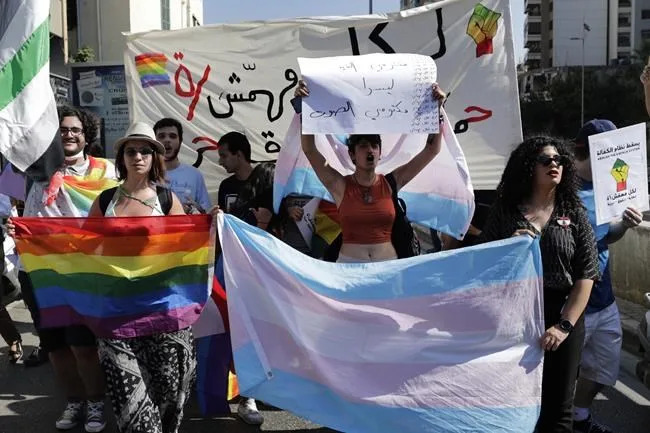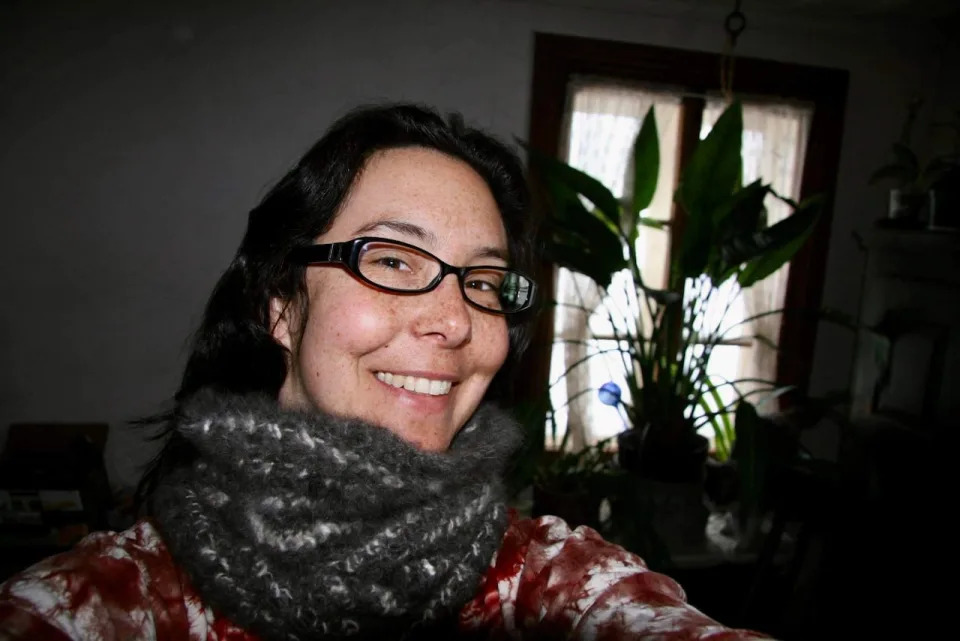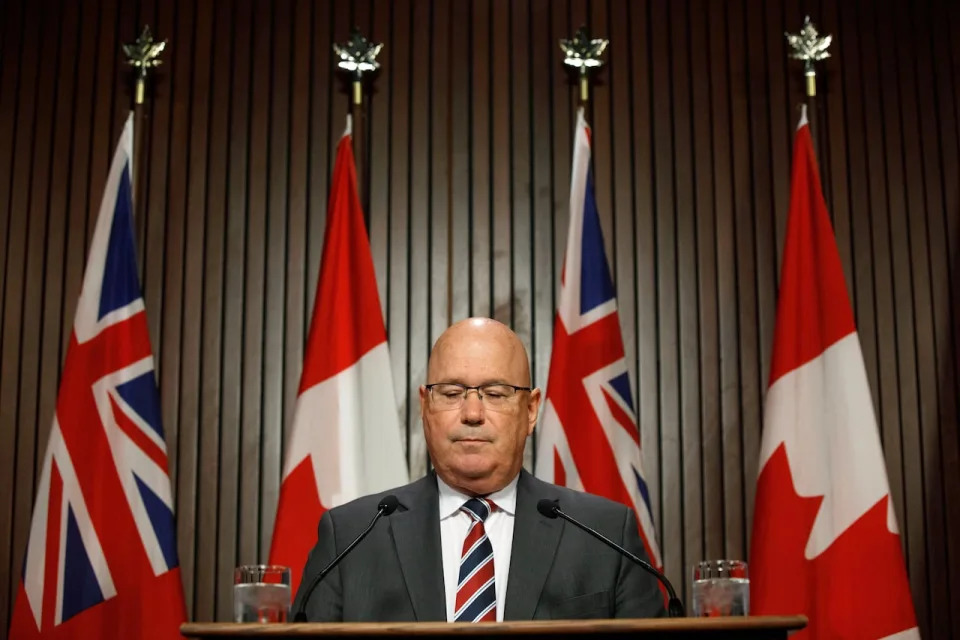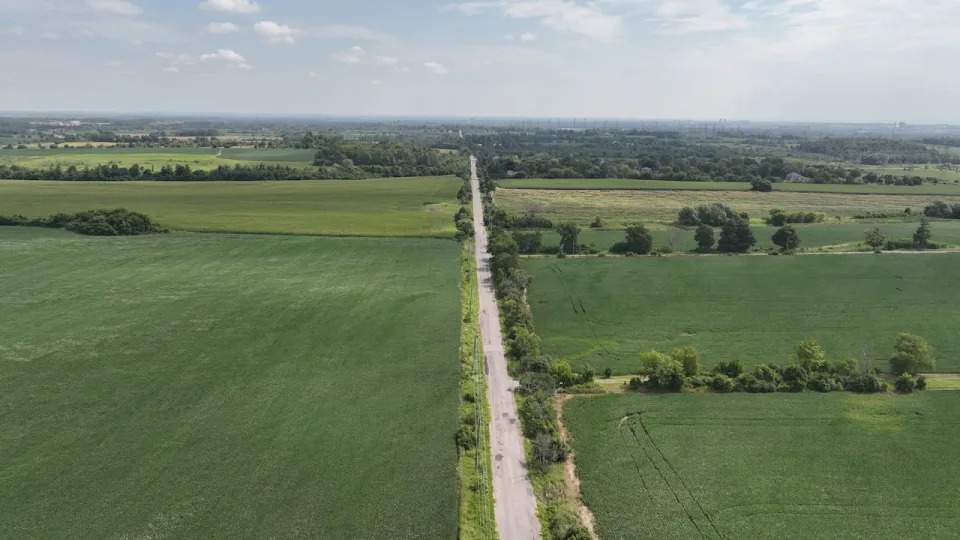LET THE RICH PAY FOR THEIR PLAYHOUSE
Alberta government greenlights $39M for new Calgary arena, lifting key first hurdle for project
CBC
Fri, September 1, 2023
Alberta Premier Danielle Smith announced the tentative deal for a new arena to replace Scotiabank Saddledome in April, days before kicking off her provincial election campaign. The province's $330-million contribution helped revive the long-delayed project. (Jeff McIntosh/The Canadian Press - image credit)
The United Conservative government has approved the first slice of provincial funding it offered for the Calgary Flames' arena project, as part of the deal announced with the City of Calgary and team owners before last spring's election.
When Premier Danielle Smith announced in April her government would contribute $330-million toward the $1.2-billion development, she noted the UCP MLAs who sit on Treasury Board would have to scrutinize details this summer before anything was finalized.
The money is now set to flow.
Tucked into this week's quarterly budget update was $39 million in grants approved for the Rivers District, the neighbourhood that includes land north of the Scotiabank Saddledome where the new arena will go.
That would go toward such expenditures as site preparation and land acquisition, for road and infrastructure near the area. This makes these grants the first tranche of provincial dollars for what will be a multi-year construction project.
"That's the only number you'll find in this report regarding the Rivers District moneys," Finance Minister Nate Horner told reporters on Thursday. "We've had a discussion at Treasury Board, but that's all I can give you at this time."
Provincial dollars don't make it into the budget without Treasury Board's approval. Horner added that the premier should have more to say, but on Friday a Smith spokesperson said "more to come in the coming weeks."
In inking the pre-election arena deal, Smith in a way departed from recent provincial orthodoxy to not directly subsidize major professional sports venues.
However, none of the province's contribution will go directly toward the $800-million arena itself — that cost will be shared by the city and Calgary Sports and Entertainment Corp.
The provincial dollars will instead go to various related costs, such as road upgrades, infrastructure needs, half the cost of a community ice rink, and the eventual demolition of the Saddledome. In past (and abandoned) versions of the arena deal, the Flames group and city would have footed those bills those without Alberta government help.
The new arena for the Calgary Flames will be completely reimagined under the newly announced $1.2-billion deal, which its champions hope will trigger several new tower developments in the blocks around it. The province will build a new Sixth St. S.E. underpass as part of its $330-million contribution.
The province will build a new Sixth St. S.E. underpass as part of its $330-million contribution to the arena project, but won't fund the hockey and concert venue itself. (City of Calgary)
Provincial intervention appears to have broken a lengthy logjam and that decade-long string of failed joint ventures to give Calgary a new Flames arena and major concert venue.
The Saddledome is currently the third-oldest arena in the National Hockey League, though the two older ones — in New York and Seattle — have both had massive renovations that compare to the cost of a new facility.
It's not clear yet when the Calgary arena is scheduled to open, or when construction begins. These are among the several project details that have been withheld from the public since the province, city and Flames owners signed a memorandum of understanding in April.
The three parties were expected to sign the definitive project agreements this summer, but it's not clear that has happened yet.
Nor is it clear yet whether the $39-million installment now on the province's books matches the amount the city and Flames had expected in their initial deal.




